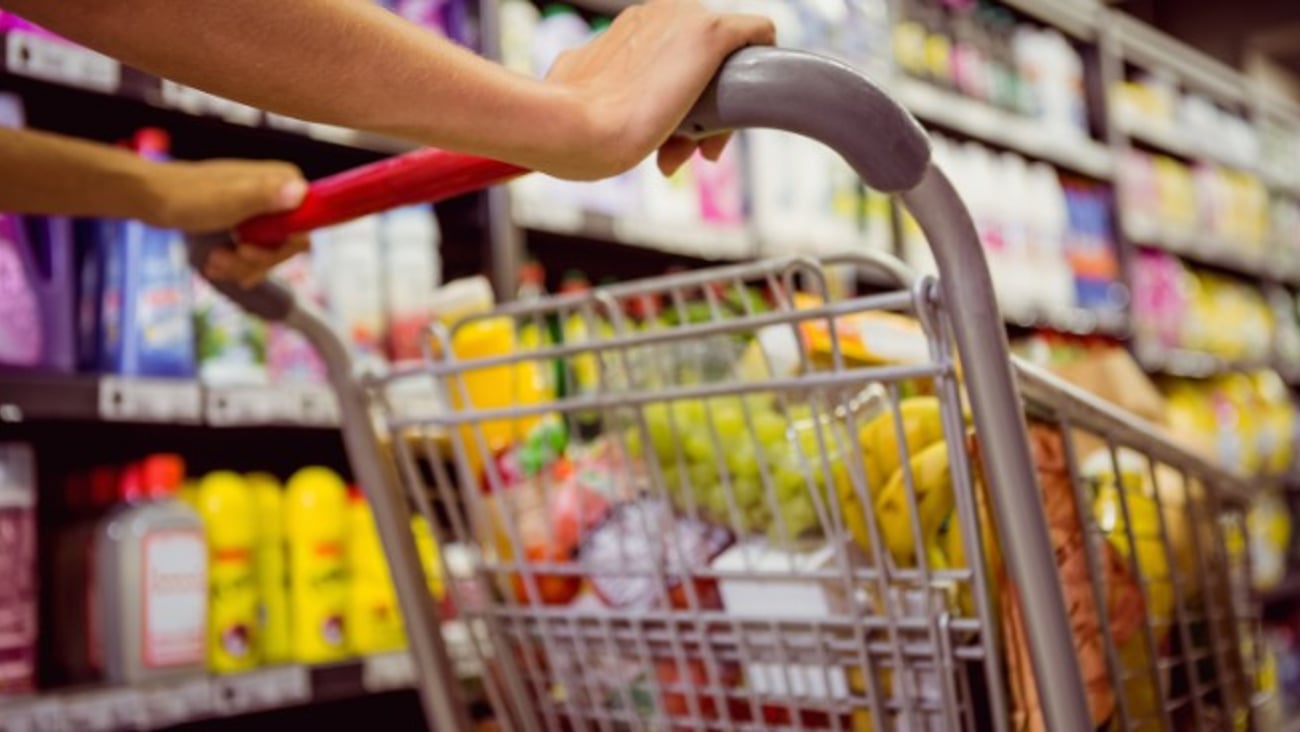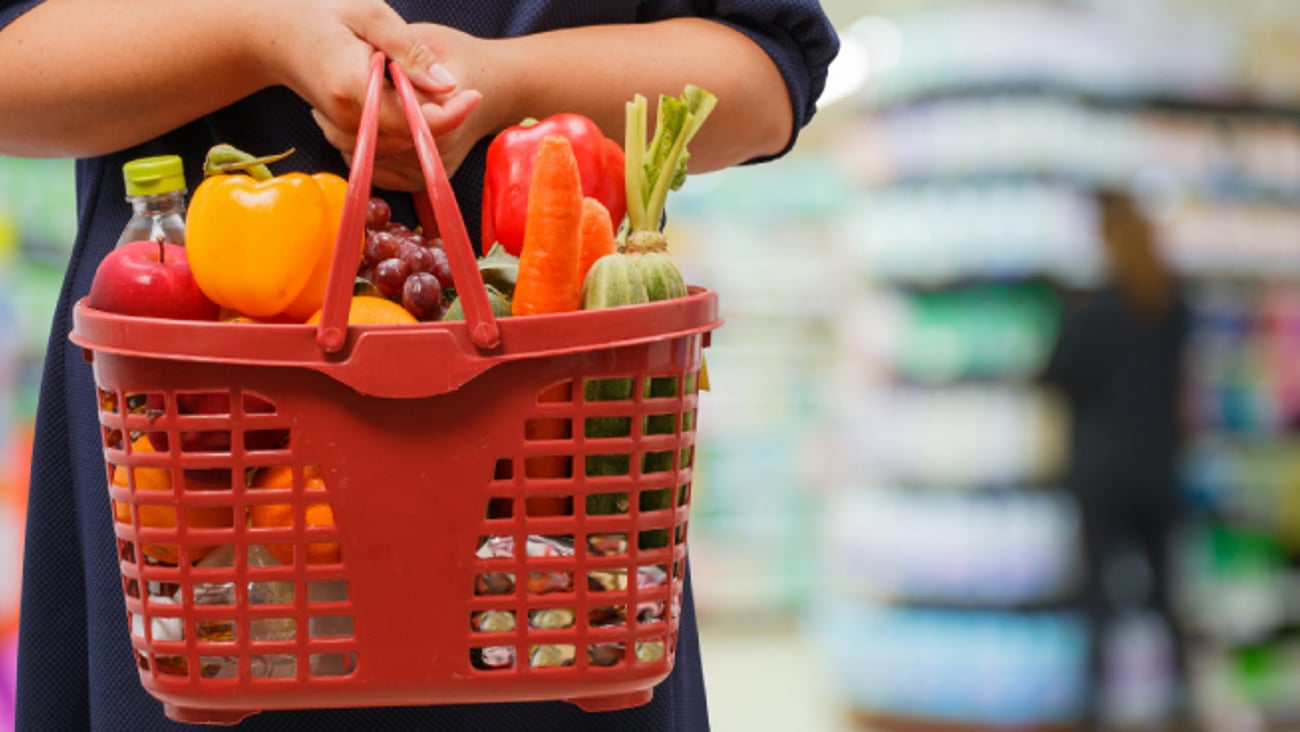Three trends to watch in beverages
After six long months of cold weather cocooning, many Canadians find themselves ready to hit the great outdoors to enjoy long-awaited spring and summer pleasures.
The warm weather months in Canada are synonymous with traditions such as relaxing at backyard barbecues, water fun at the cottage and urban get-togethers on outdoor patios. Key to our love of this time of year is the return to socializing and bonding over tasty beverages.
The Ipsos food and beverage team is mining its daily tracking of evolving Canadian beverage habits across all categories (including alcoholic beverages), dayparts and venues and is launching a Canadian Beverage Trends Report this spring. With the report’s theme of permissible beverage pleasures in mind, below is a sampling of some of the trends that will shape Canadian drinking choices this warm weather season and beyond.
Exploding functional benefit demands
Canadians no longer choose beverages based on thirst-quenching benefits alone. They are considering a broader set of requirements to support their nutrition, using beverages to deliver functional benefits to support health and help prevent illness.
Value-added functionality now factors into 38% of daily drinking decisions, doubling in importance since 2019. Increasingly, consumers are seeking beverages that assist with digestion, energy, immunity, hair, skin and nail conditioning, sleep and cognitive health. Low and no sugar options to aid with weight control hold the largest share of functional health beverages.
[Read more: “Thirsty for more”]
The addition of ingredients and nutrients that aid with functional health also provide consumers with an element of permissibility when choosing a beverage. Increased drinking rates of sparkling waters, hot teas, energy drinks and plant-based beverages can all, in part, be tied to this rising trend.
No/low-alcohol priorities
With interest in low/no alcohol beverages peaking in recent years, more and more consumers are looking for a happy medium between teetotalling and overindulgence when it comes to beverage enjoyment.
Non-alcoholic adult beverage servings are up more than 10% versus 2020, fuelled by intake guidelines, rising social stigma, shifting demographics in Canada as well as cannabis legalization. As we consider the evolving composition of the Canadian population, undoubtedly, the rising nondrinker population fuelled by multicultural Canadians is key.
[Read more: “Non-alcoholic brands ramp up production amid surging demand”]
However, movement to the segment is also notable among mature Canadians over the age of 65. As a result, new options are flooding the market with more innovation spilling over into beverages such as hard coffees and fermented drinks.
Plant-based movement
Plant-based beverages in Canada currently represent about 11% of all dairy/dairy-free milk servings. These options are making their way into the mainstream most often as an addition to coffee, tea and smoothie drinks. However, usage as a beverage is increasing with new flavour variations emerging and more portable packaging options being introduced.
Almond plant-based beverages show strongest development, but oat varieties are rising in popularity. The movement away from dairy-based drinks is driven by millennials, both nested and unnested. Evolving family priorities presents an interesting conundrum for those looking to win with young parents and their kids.
There are a variety of factors driving these shifts, including a growing focus on health that includes prioritizing physical and emotional well-being in tandem with nutrients and nourishment. Environmental priorities are also highly influential to the plant-based movement. However, emotional drivers also play a role in consumers’ plant-based choices and these are fuelled by guilt-free enjoyment and a trendy social focus.
While there are other experiential and premiumization trends reshaping drinking patterns, it is clear that the growing spotlight on health and wellness benefits (both physical and mental wellness) highlights the importance of permissibility to Canadians when deciding how to quench their thirst.
This article was first featured in Canadian Grocer’s March/April 2023 issue.





